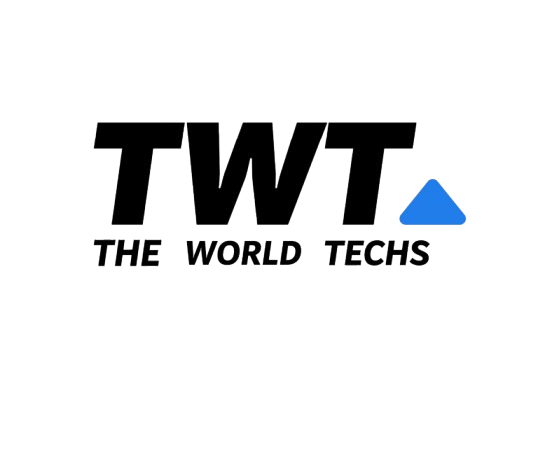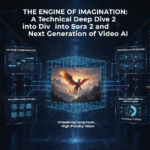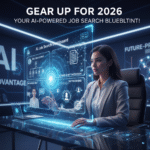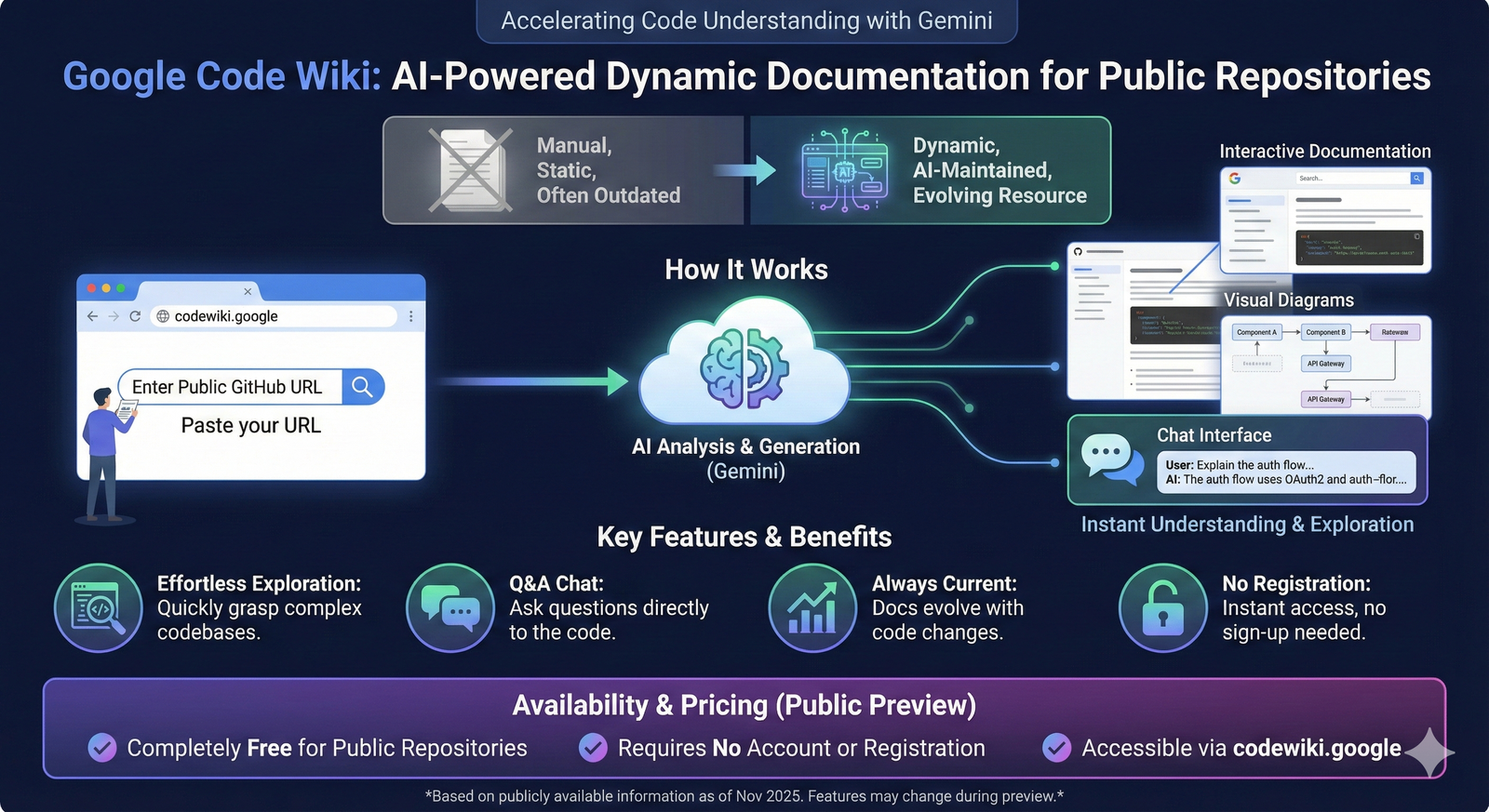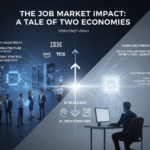Now Reading: Navigating the AI Era: Your Guide to Job Market Success in 2026
-
01
Navigating the AI Era: Your Guide to Job Market Success in 2026
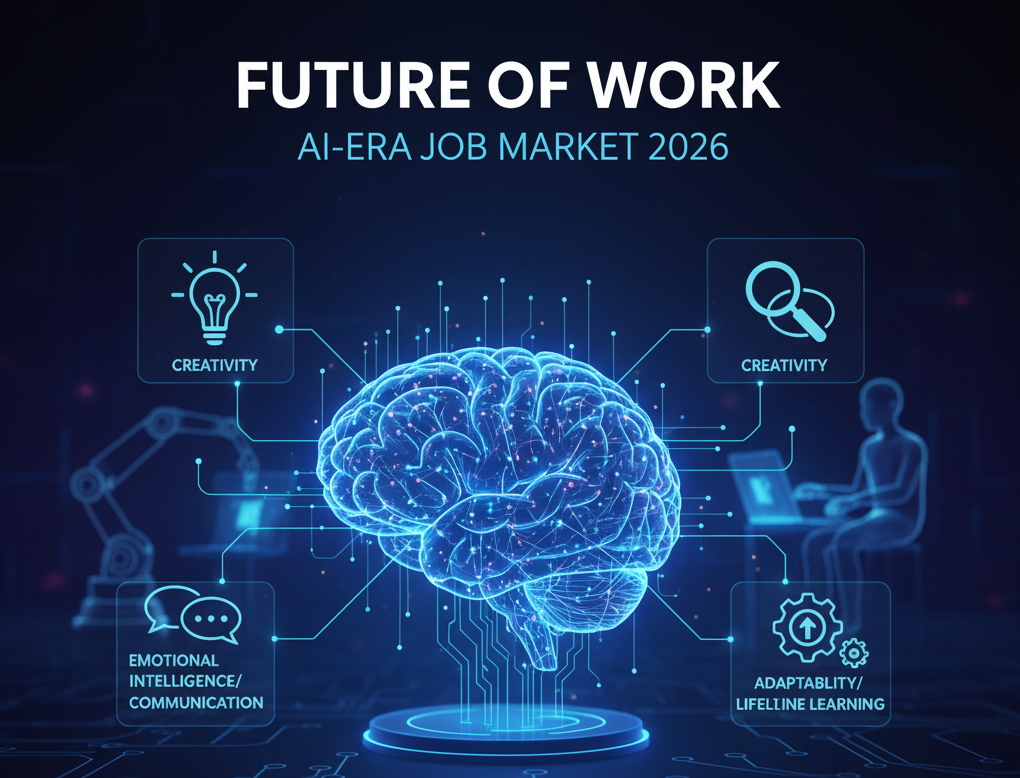
Navigating the AI Era: Your Guide to Job Market Success in 2026
The year 2026 promises to be a pivotal moment in the evolution of work, heavily influenced by the accelerating pace of Artificial Intelligence. While some fear job displacement, a more optimistic and realistic view suggests a monumental shift in the types of jobs available and the skills required. This blog post will break down the essential steps, approaches, and skills you’ll need, along with valuable resources, to not just survive but thrive in the AI-powered job market of 2026.
The Evolving Job Market in 2026: A New Landscape
By 2026, AI won’t just be a buzzword; it will be deeply integrated into almost every industry. Repetitive, data-heavy, and predictable tasks are increasingly being automated, freeing up human workers for more complex, creative, and strategic roles.
Key Characteristics of the 2026 Job Market:
- Augmented Intelligence: AI will primarily act as an assistant, enhancing human capabilities rather than replacing them entirely.
- Increased Demand for “Human” Skills: Creativity, critical thinking, emotional intelligence, communication, and complex problem-solving will be paramount.
- Rise of New Roles: We’ll see an emergence of jobs focused on AI ethics, AI-human collaboration design, prompt engineering, data storytelling, and more.
- Interdisciplinary Fusion: Success will often come from combining technical AI knowledge with expertise in other fields like healthcare, education, arts, or business.
- Project-Based and Gig Economy Growth: Flexibility and the ability to contribute to diverse projects will be highly valued.
Essential Skills to Cultivate
To truly succeed in 2026, focus on a blend of technical fluency and uniquely human attributes.
1. AI Literacy and Prompt Engineering
- Understanding AI Fundamentals: You don’t need to be an AI developer, but understanding what AI can and cannot do, its limitations, and ethical considerations is crucial.
- Prompt Engineering: The ability to effectively communicate with AI models (like language models or image generators) to get desired outcomes will be a highly sought-after skill across many professions. It’s about asking the right questions in the right way.
2. Critical Thinking & Problem Solving
- As AI handles more data analysis, humans will be responsible for interpreting results, identifying biases, formulating hypotheses, and solving complex, unstructured problems that require nuanced judgment.
3. Creativity & Innovation
- AI can generate ideas, but humans will be the architects of novel concepts, artistic expressions, and truly innovative solutions that transcend algorithmic logic. This includes design thinking and strategic innovation.
4. Emotional Intelligence (EQ) & Collaboration
- AI lacks true empathy. Roles requiring interpersonal skills, negotiation, leadership, mentorship, and customer relations will become even more valuable. Effective human-to-human and human-to-AI collaboration will be key.
5. Adaptability & Lifelong Learning
- Technology will continue to evolve rapidly. The most successful individuals will be those who embrace continuous learning, unlearning old paradigms, and quickly adapting to new tools and methodologies.
6. Data Fluency & Storytelling
- Beyond just analyzing data (which AI can do), the ability to interpret data, identify insights, and communicate them compellingly through storytelling will differentiate professionals.
7. Ethical Reasoning & Bias Awareness
- As AI becomes more pervasive, understanding its ethical implications, identifying potential biases in AI models, and advocating for responsible AI use will be critical in almost every sector.
Step-by-Step Approach to Prepare
1. Self-Assessment & Identify Gaps:
Evaluate your current skills against the list above. Where are your strengths? What areas need development?
2. Embrace AI Tools in Your Current Role:
Start using AI assistants (like ChatGPT, Bard, or Copilot) in your daily tasks. Experiment with how they can streamline your work, automate repetitive elements, and generate ideas. This hands-on experience is invaluable.
3. Structured Learning & Upskilling:
Dedicate time to formal or informal learning. Focus on developing both your technical understanding of AI and your human-centric skills.
4. Network & Collaborate:
Connect with professionals who are already working with AI. Attend webinars, join online communities, and engage in discussions about the future of work. Collaborate on projects that leverage AI.
5. Build a Portfolio & Showcase Your Skills:
Demonstrate how you've leveraged AI to solve problems, create value, or enhance your work. This could be through personal projects, volunteer work, or contributions in your current role.
Free and Useful Resources
You don’t need to break the bank to prepare for the future. Here’s a list of excellent free resources:
For AI Fundamentals & Prompt Engineering:
- Google AI for Everyone: A great starting point to understand AI concepts.
- Coursera (Audit Option): Many AI and machine learning courses from top universities can be audited for free (e.g., Andrew Ng’s AI for Everyone).
- edX (Audit Option): Similar to Coursera, offering free audit tracks for many courses.
- ChatGPT/Bard/Claude: Directly interact with these AI models. The best way to learn prompt engineering is by doing it! Experiment with different queries and observe the outputs.
- Learn Prompting (learnprompting.org): A fantastic free resource dedicated to teaching prompt engineering techniques.
- Hugging Face: Explore and experiment with various AI models.
- Kaggle: Offers free courses on machine learning and data science, along with datasets for practice.
For Human-Centric Skills:
- Coursera/edX (Audit Option): Look for courses on critical thinking, creativity, emotional intelligence, communication, and leadership.
- YouTube Channels: Many channels offer free content on soft skills development, design thinking, and ethical considerations in tech. Search for channels like “TED,” “The School of Life,” or “Grit Daily.”
- LinkedIn Learning (Free Trials): Often offers free trial periods, allowing you to complete several courses on soft skills.
- Medium/Substack: Follow thought leaders and publications discussing the future of work, AI ethics, and skill development.
For Industry Insights & Future Trends:
- World Economic Forum (WEF): Publishes regular reports on the future of jobs and skills.
- McKinsey & Company / PwC / Deloitte: Often release insightful reports on technology and labor market trends.
- MIT Technology Review: Provides in-depth articles on emerging technologies and their societal impact.
- Academic Papers & Research: Google Scholar can help you find research on AI’s impact on specific industries.
